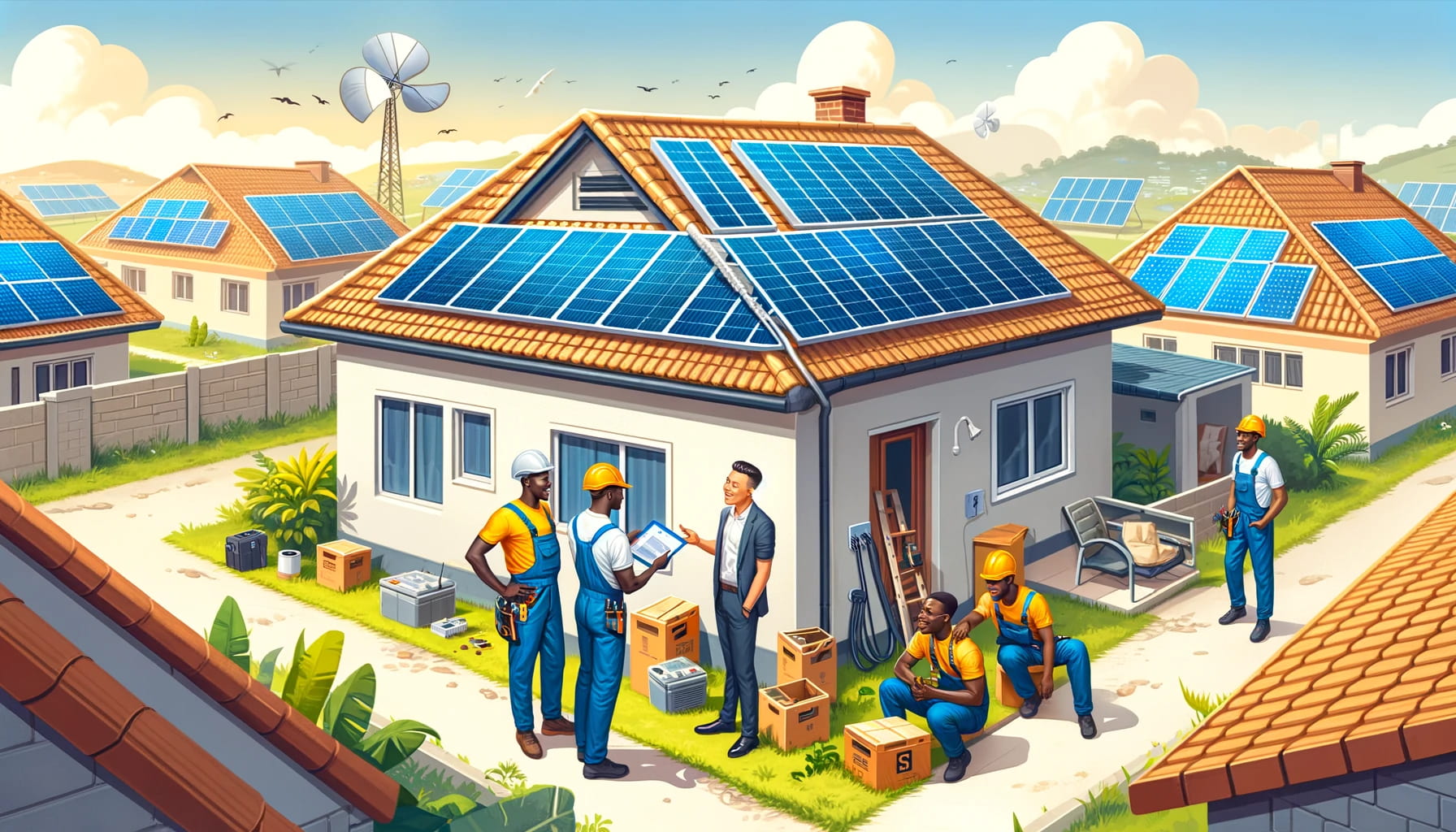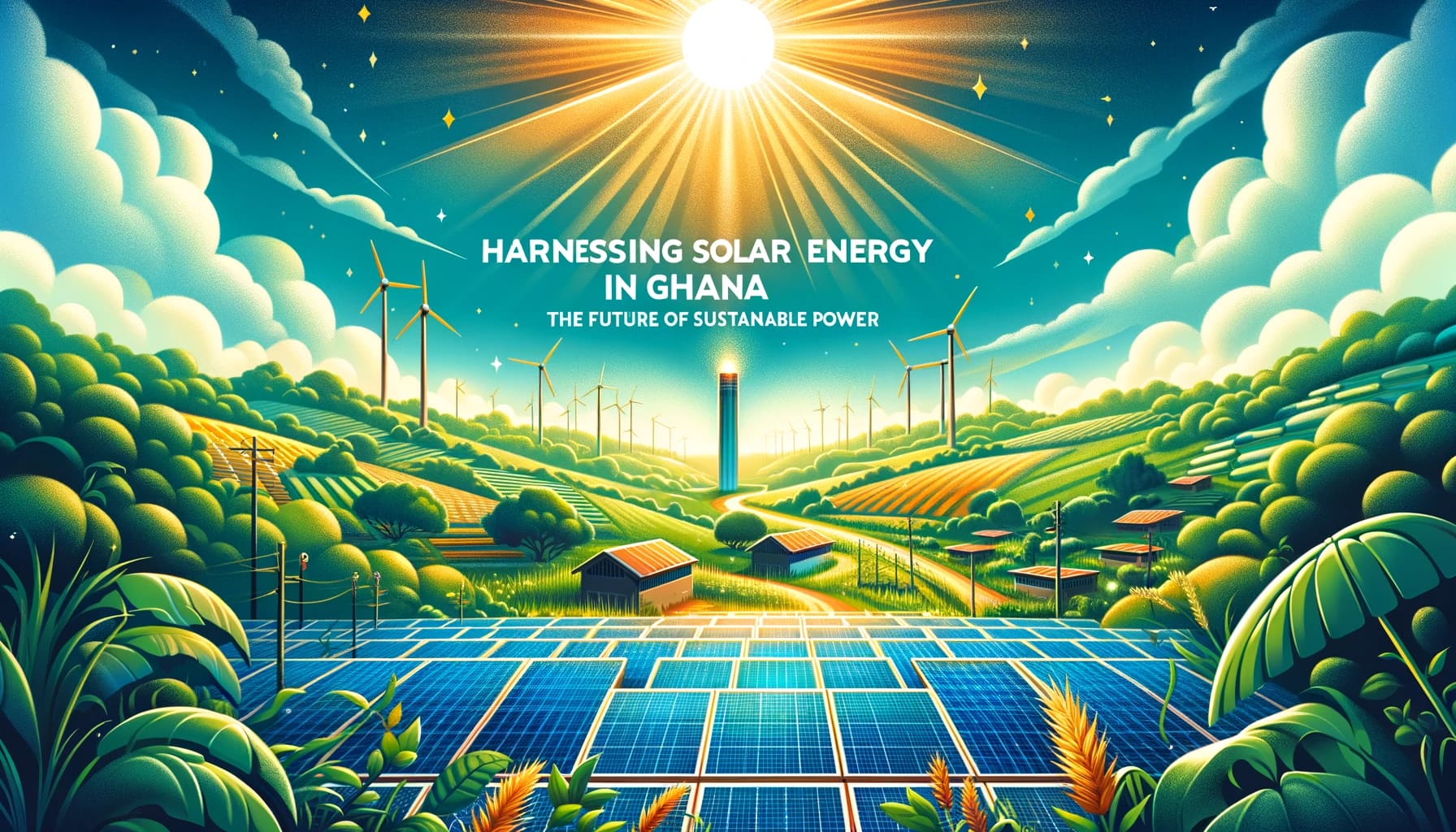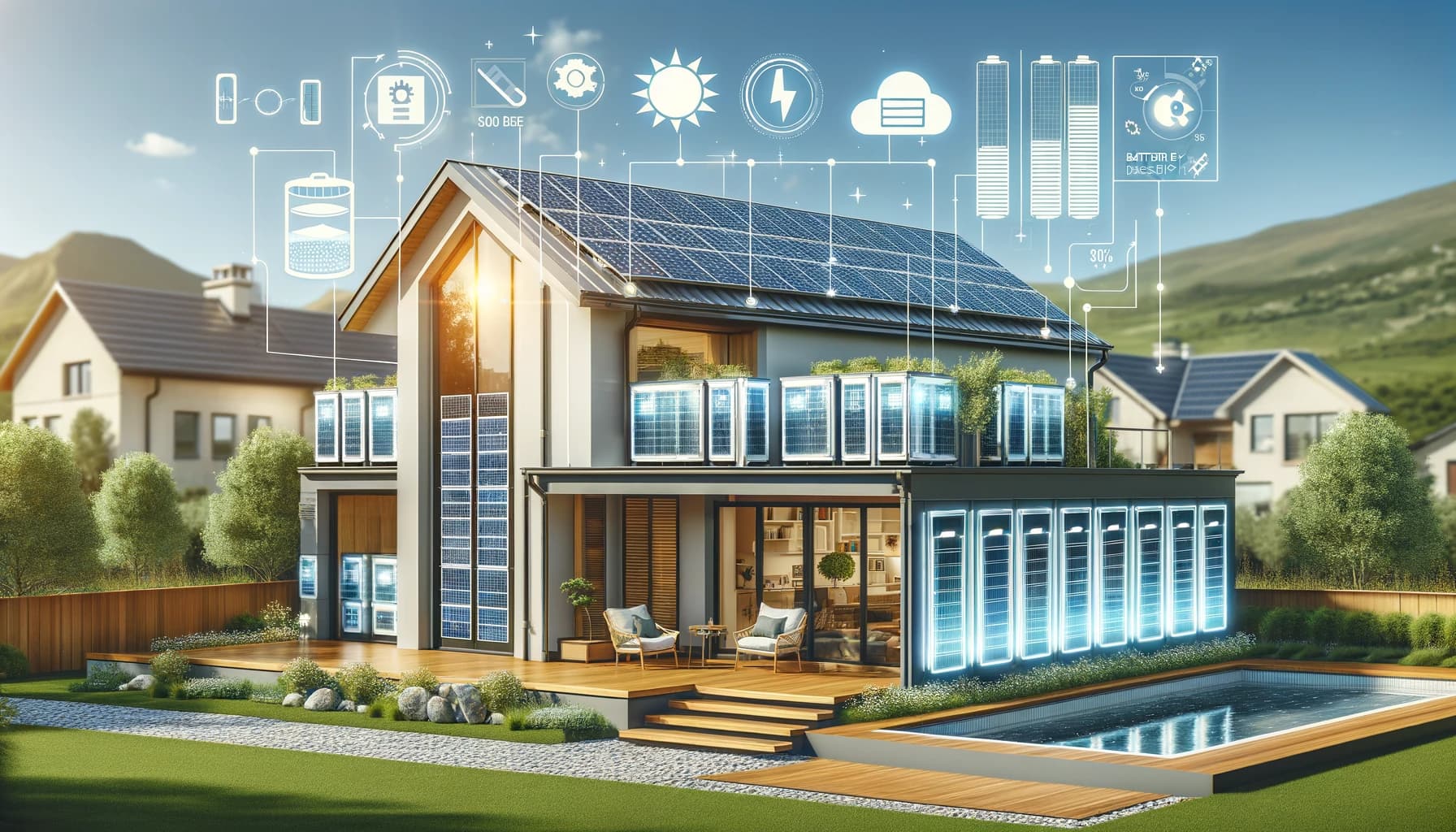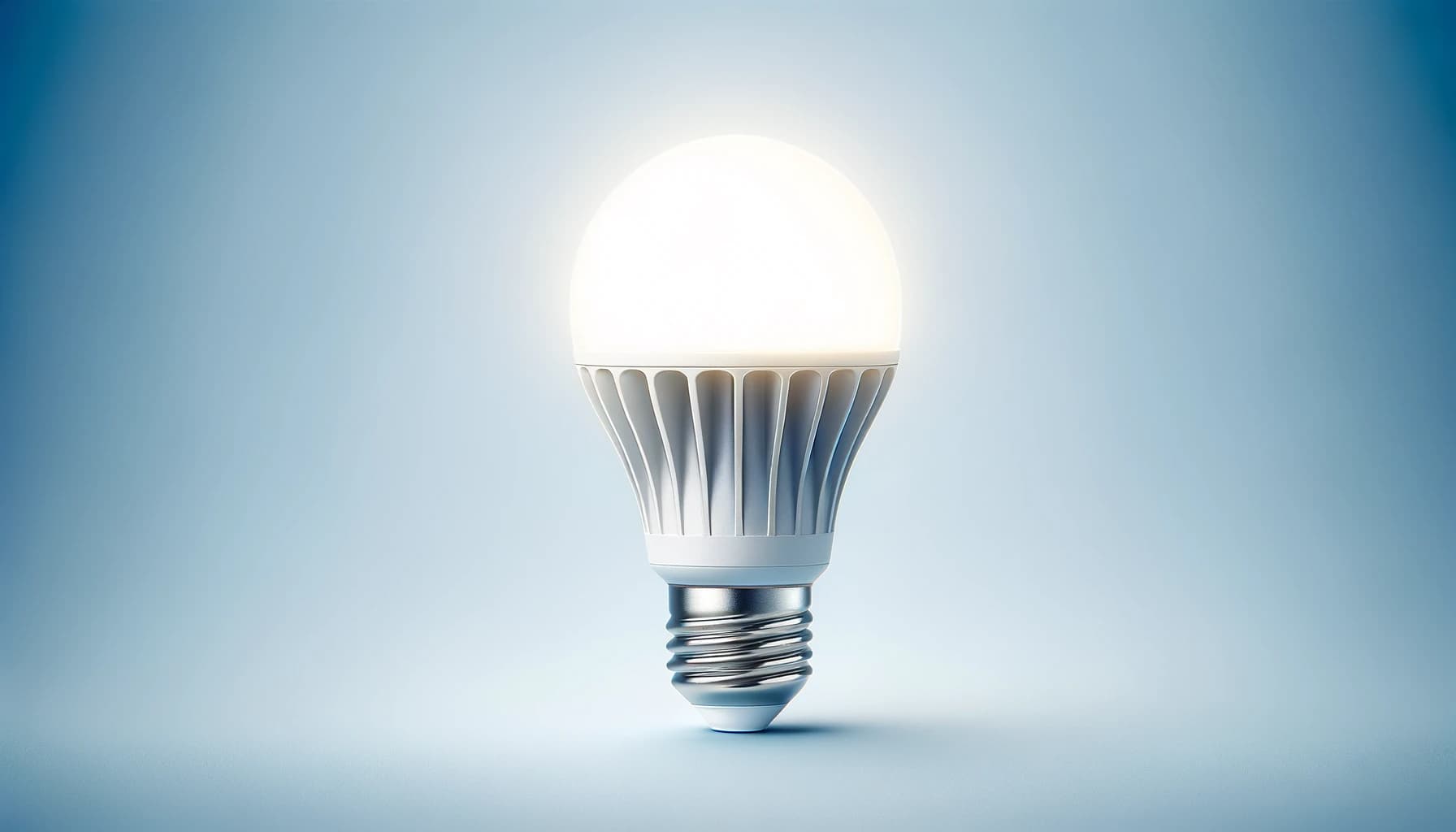Solar power in Ghana provides residential homeowners with significant benefits, offering cost savings and energy independence, as well as contributing to environmental stewardship. Leveraging the country's abundant sunlight, solar energy brings stability to household budgets, reduces dependence on traditional power sources, aids in combating climate change, and preserves local ecosystems. Adoption of solar technology signifies Ghana's progress towards sustainable living and a cleaner environment.
Ghana is embracing a solar revolution, aiming to transform its energy landscape for a sustainable future. Challenges persist, but the government's initiatives and regulatory support encourage renewable energy projects. By 2030, Ghana intends to significantly increase its renewable energy capacity, particularly solar, promoting a cleaner and greener future.
Women are driving the renewable energy transformation in West Africa, emerging as essential contributors and leaders in the sector. From policy-making to hands-on projects, these women are propelling advancement in sustainable energy, addressing energy poverty, encouraging gender equality, and inspiring the next generation. Significant figures include pioneers in Ghana, advocates providing solar solutions, and organizations promoting female empowerment and leadership within the industry.
Understanding your backup energy's duration is crucial for sustainable living. This guide helps you calculate the approximate runtime of your stored energy. By considering factors like battery capacity, household consumption, and solar input, you'll gain insights into optimizing your system for maximum efficiency and reliability.
In Ghana, switching to LED lighting is a smart, energy-efficient choice. LEDs offer remarkable benefits including significant electricity savings, longer lifespan, and environmental friendliness. This shift not only reduces energy costs but also aligns with sustainable practices, making it an essential move for a brighter, greener future.





